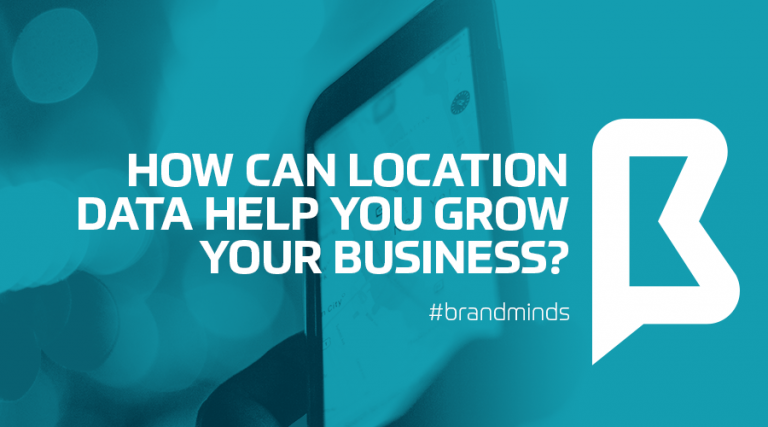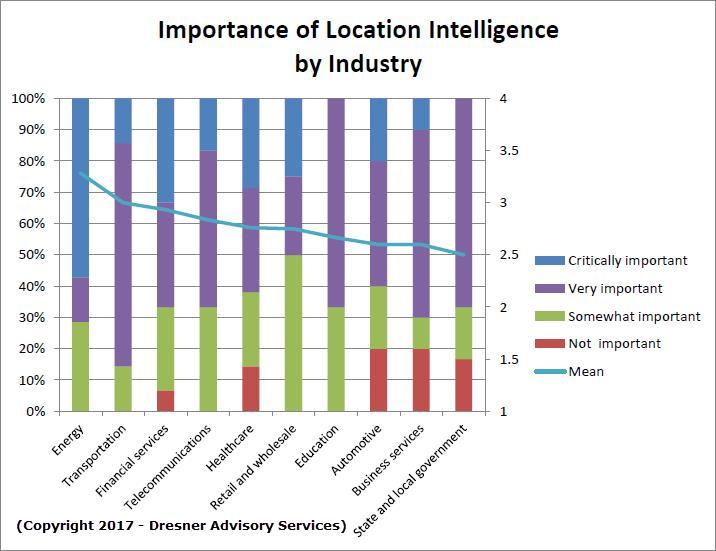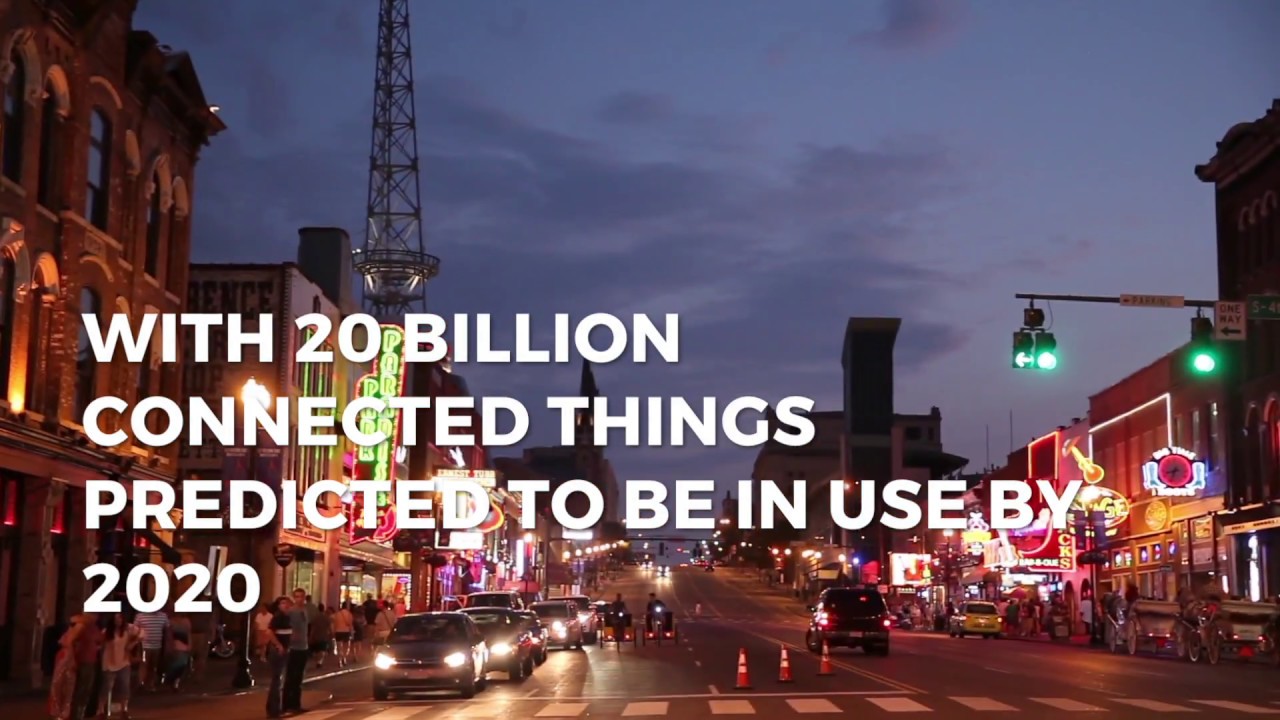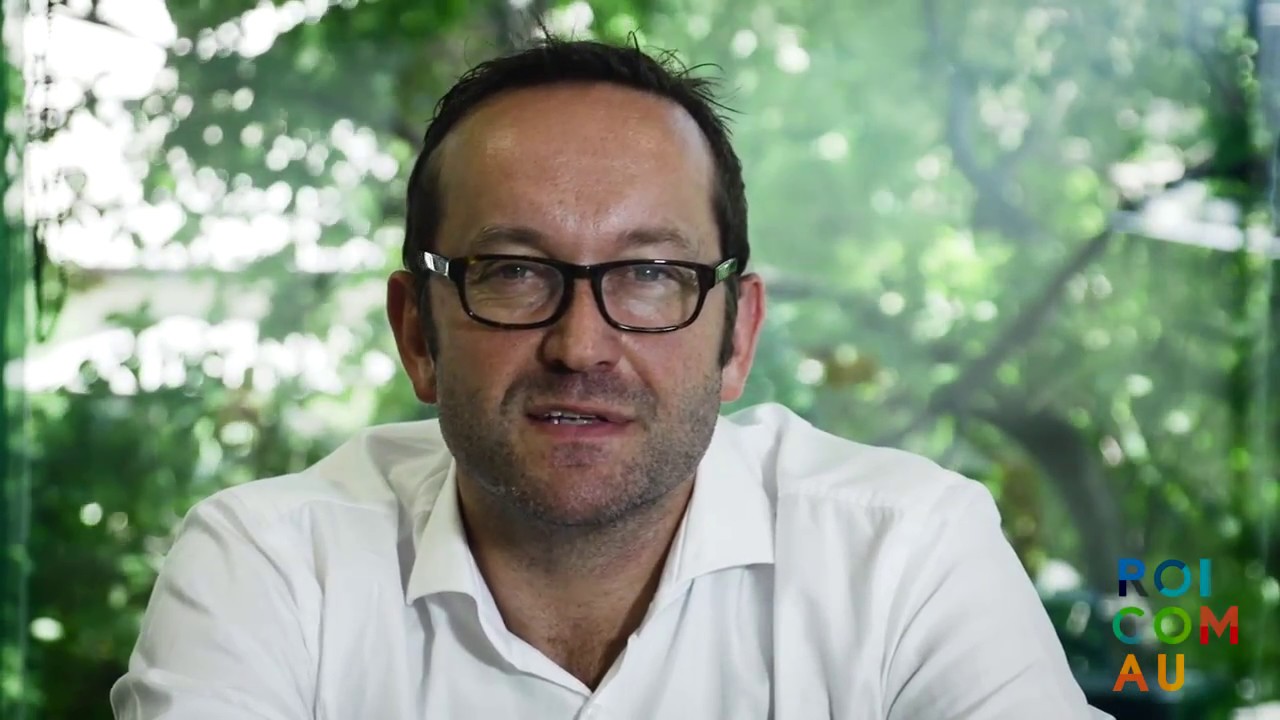How Can Location Data Help You Grow Your Business

The importance of data is growing daily and its impact on the businesses as well. Gathered and used in smart ways it can help you reach the right audience, in the right way. In other words, it’s a known fact that location intelligence has become a fundamental part of some of the most successful businesses in the world today. Tough economic times and the advancement of new technology in recent years have massively pushed the need for businesses to gain more transparent and competitive insights on their performance and opportunities.
According to geovation.uk, location provides meaningful context. It can identify essential relationships between geography and consumer experiences, products and services. Location intelligence answers important questions, such as ‘where are my most valuable customers?’, ‘where are the issues impacting my supply chain?’ Location intelligence can detect clusters and patterns of events, make predictions, and provide the basis on which to make better business decisions.
Knowing the location of users, employees and company assets is becoming a vital part of many businesses in order to act efficiently and make informed decisions. From helping customers locate relevant amenities (e.g. Foursquare, Tripadvisor) to logistics companies optimizing delivery routes (UPS, Hermes), location, spatial data and digital mapping are playing a pivotal role in these business functions.

At the same time, location represents a great manner of revealing relationships between data sets that might not have otherwise been obvious and, through location analytics, arrive at great insights.
Worries about concerns like user privacy and data quality are valid: Know that it’s important to source location-informed insights from opt-in data that is thoroughly cleansed and, most importantly, aggregated and anonymized (the Location Search Association recently published a valuable landscape report analyzing the key providers in the space). Be sure to work with a data provider that adheres to emerging industry best practices, including use of data sourced only from apps with specific user opt-in (like Apple is now mandating), and complies with country-specific regulations, like GDPR. – entrepreneur.com
Data company Carto partnered with market research firm Hanover Research on a February 2018 study called “The State of Location Intelligence 2018,” surveying more than 200 C-level executives about the ways their companies are using location data to identify new consumer markets, improve marketing strategies and improve customer service. Here are some of their main findings:
- 66% of respondents said that Location Intelligence was “Very” or “Extremely” important today for their businesses, 78% said it would be in the next year, and 85% said it would be in the next three years.
- Only 27% said that they use any kind of custom geography and 17% use block groups. To understand location data, businesses must begin visualizing and analyzing at a deeper geographic level.
- Nearly all C-level and management level respondents,especially those from small to mid-sized organizations, note a strong likelihood to invest in Location
Intelligence within the next one (78%) to three years (84%). - Companies are very interested in finding data scientists that understand how to manipulate spatial data effectively, and conducting iterative spatial analysis is the most important step in applying Location Intelligence.
- “Ensuring data quality and accuracy” (49%), “gathering data real time” (40%), and “extracting data from existing systems in a usable way” (39%) are more commonplace challenges in terms of data collection.
Taking a closer look at these data, we can see for sure that if you know how to tap into the Location Intelligence right, your business can have a bright future and even expand, especially because many aren’t already using it at its full potential.
Therefore, how can you do more and be ahead of the rest? Entrepreneur.com is giving you some ideas:
- Use the big potential that research is offering you. “Location data can provide a stronger context of your target audience to better activate consumers. Beyond just marketing what you already have, it can also help reveal opportunities for products or services that you’ve not yet developed or marketed.”
- Competitive Intelligence. “This wealth of insight about where people go in the real world and, in particular, how they interact with your competition, is invaluable intelligence to your business and can help inform decisions about everything from pricing and inventory to in-store promotions and staffing levels.”
- Acquisition and investments. “Asset managers are increasingly turning to location data to inform their investments, according to a recent report from Optimas. Given this trend, location data should most definitely be part of your due diligence when evaluating any prospective investment or acquisition. Evaluate the foot traffic patterns in and around the business you’re considering and think about what it might reveal.”
More on the subject, tap here.
Inspirational study cases one can find in this Forbes article.
Personalization online shouldn’t be too personal
We don’t like to be looked at in groups anymore. We hate the idea of being seen as one and the same as others around us. We want to brands to find a way to address us and our desires and issues with a personalized message, with an as clear as possible idea of whom we really are, each one of us. It’s a reality that more and more quantitative and qualitative researches show. For example, according to eMarketer, 80% of users find emails with personally recommended products helpful – but can be turned off by display ads that follow them around the internet as they read the news or check Facebook.
“Users like it when they feel like you’re helping them, not when you know where they live or publicise your purchases.Essentially, it’s important to find that sweet spot where personalisation doesn’t feel too personal. This personalisation works because it adds value to their experience. It helps them find what they want. It’s streamlined and doesn’t follow them around as the browse elsewhere. It’s personal, but the user itself controls the action. If that email converts, it’s because the user themselves opened it and decided they wanted to buy. It’s a reminder as opposed to a salesman following them around a store, asking “do you want this now? How about now?”,” said Gurmeet Lamba, chief operating officer at Sentient Technologies, for Campaign UK.
According to Econsultancy’s Quarterly Digital Intelligence Briefing: 2016 Digital Trends, the priorities that sit atop marketers’ lists are tied together by their focus on the individual: personalization (31%), content optimization (29%) and social media engagement (25%) are overlapping capabilities with the customer at the center. Moreover, nearly half (46%) of respondents rank the process of creating a cross-team approach with the customer at the heart of all initiatives as 4 or 5 on the difficulty scale.
In terms of marketing, personalization is when content is tailor-made with an audience segment or individual user’s characteristics or preferences in mind. This is typically based on previously collected or readily available data, such as website browsing behavior and interests on social media.
By doing so, marketers have a better chance of meeting consumer needs more effectively and efficiently, as content will be written about particular subjects or with a certain tone of voice, published on appropriate platforms, and promoted through relevant channels. This also results in easier, faster and better interactions with online audiences, which can contribute to user satisfaction, strong relationships, and brand loyalty.
A study conducted by Yahoo finds that most consumers are not only aware of online personalization, with 78% of those surveyed expressing a desire for some type of personalized content. And, according to Piers North, strategy director at Yahoo UK, quoted by The Guardian, the greatest opportunity for marketers today lies in managing personalization on mobile devices. He admits, however, that this is not easy and he points out that access to data is the key.
Therefore, personalization should be done with a lot of attention in order to be relevant and bring true value to the table. Despite all the opportunities that might occur in the online business today, for increased personalization, it’s important not to personalize for personalization’s sake – nor to become fixated on the latest tools or techniques.

In fact, Michael Smith, marketing leader for mobile and social business at IBM, quoted by Lucy Fisher for Marketing Week, warns it is easy to chase after personalization strategies “just because you can”. He says: “Customers want engagement with some brands, but not others. Whatever we do, it has to be with the customer in mind”.
We leave you here , with a psychological explication about why people love and crave for customized experiences.
10 Things you might not know about Jonas Ridderstrale
Dr. Jonas Ridderstråle, the author behind the bestseller Funky Business in 2000, is one of the worlds most significant and respected business thinkers and speakers. He is at the forefront of the new generation of management gurus and has been ranked among the top for 11 consecutive years in Thinkers50, the biennial ranking of management thinkers. As late as 2011 he was ranked number five in Europe, and among the top in the rest of the world.
More things you might not know about him:
- Jonas has an MBA and a PhD in international business and was recognized as Sweden’s outstanding young academic of the year. In 2007, he was awarded the prestigious Italian Nobels Colloquia award for “Leadership in Business and Economic Thinking”. Jonas is currently a visiting professor at the internationally acclaimed business school Ashridge in the UK. His research has been published in leading academic journals.
2. His forceful blend of academic rigor, imagination, humor and highly dynamic presentation style has inspired audiences from Moscow to Mumbai and San Francisco to Shanghai. Jonas’ diverse client list includes Fortune 500 companies, major government bodies, sports teams as well as trade unions.
3. Dr. Ridderstråle’s ideas and work have attracted huge media coverage throughout the world. He has appeared on CNN’s “Global Office” in an extended interview exploring the ideas behind his books. Elsewhere, he has been featured in Fortune, Fast Company, Time Magazine, Financial Times, The Times, Stern, Newsweek, Paris Match, and many other publications worldwide.
4. Jonas asks questions that trigger new thoughts and discussions. In our deregulated world, more and more responsibilities rest with the single individual. So, we must all arm ourselves with the knowledge needed to take smart decisions.
5. His intention is that his thoughts should help you give birth to your own unique ideas. That is what will have an impact on the competitiveness of your business and your own career.
6. The title for his second book, Karaoke Capitalism, came out of the frustration that the companies didn’t companies use the golden opportunities of new technologies. “I saw too little innovation from a management and leadership point of view. The criticism we received for these books [both co-written with Kjell Nordström] was, “yes, it’s fun and interesting and written in an appealing way – but how do you actually do it?”, he once declared.
7. Since psychological and social capital are so important, he believes we have to rethink a lot of the basics in management. Most traditional management presumes you can move from envisioning straight to execution, forgetting engagement. It equates great leaders with those who have Eureka moments. But to deliver real change you have to be able to tap into people’s emotional capital too.
8. He believes that him and Kjell Nordström are different on the market, in terms of the examples they use. Instead of examples that would make sense to a traditional CEO, or someone who has spent twenty to twenty-five years in the economics library at a university, they use examples that make sense to people in general.
9. He and his partner have taken more of a horizontal analysis approach where they look at societal changes – such as in art, culture and music – and explore how it interacts with business. “We paint a picture of the broad societal trends, which is not unusual, but then we link those trends to what’s happening within corporations, the field of leadership and management, and the field of strategy,” Jonas said for ideaconnection.com.
10. He thinks that talent is a little bit more complex as a concept than knowledge, because talent includes more than the intellectual capital that used to make and still makes some organizations competitive.
Failure is not the end
We are not used to talk about it, to consider it part of the process, to give it its big importance, to learn from it and understand that it might, or might not, take us to the success. What is sure ids that we mustn’t be afraid of it, try to hide it underneath the carpet and pretend like it never happened. The most successful people in the world lived through it, surpassed it and pushed through. Many entrepreneurs that we know and appreciate nowadays have failed with other previous business or fail daily in more or less important parts of their jobs or activities. Failure makes them stronger, teaches them the values and the importance of appreciating every step of the business track and, more than anything, the success, when and if it comes.
“We all have different definitions of failure, simply because we all have different benchmarks, values, and belief systems. A failure to one person might simply be a great learning experience for someone else. Many of us are afraid of failing, at least some of the time. But fear of failure (also called “atychiphobia”) is when we allow that fear to stop us doing the things that can move us forward to achieve our goals,” believes the team of www.mindtools.com.
The fear of failure may have various causes and goes back, most of the times, in our childhood, just like it happens with most of the things that define our lives and whom we are meant to be. Not having the right support, being undermined or humiliated in childhood, those are some causes that will most definitely carry negative feelings into adulthood.
As the editors of edutopia say, failure is an inevitable part of life, but it’s often accompanied by shame — most people do everything in their power to avoid it. As educational philosopher John Dewey said, a true thinker learns as much from failures as from successes. What if educators worked to take some of the sting (and the stigma) out of failing, and encouraged reflection and revision to build upon the lessons learned? “Perhaps there’s a goldmine of opportunities if we can re-frame failure as a valuable learning experience, an essential step along the path to discovery and innovation,” they added.
“Not talking about it is the worst thing you can do, as it means you’re not helping the rest of the organization learn from it,” said Jill Vialet, who runs the nonprofit Playworks. “It gives [the failure] a power and a weight that’s not only unnecessary, but damaging.” Vialet added, referring to the fact that the people involved in the failure should speak about it openly and work to prevent history from repeating itself.
This idea is already ingrained in the cultures of some for-profit industries. For example, in Silicon Valley, failure is a rite of passage. “If you’re not failing, you’re not considered to be innovating enough. Silicon Valley investors, in turn, regularly reward entrepreneurs’ risk-taking behavior, though they know the venture may fail and they will lose their capital,” it’s shown in an article on opinionator.com. In addition, Jill Vialet of Playworks emphasizes the importance of “failing fast and cheap” (as opposed to slow and expensive). She sets aside a budget for new programs that intentionally have unpredictable outcomes. They limit the scope of these programs, clearly define failure and success at the outset, and decide when to measure the new program’s merits. “It’s about being disciplined and rigorous,” said Vialet, since human nature normally prevents us from recognizing our mistakes while they are occurring, quoted by opinionator.com. A great article on the subject one also can find on guardian.com.
![]()
It all depends on how the organization and the people that run it see failure and its importance in business. Just as some organizations encourage employees to talk about failure in office events that are closed to the public, others publish their failures for the world to see. Engineers Without Borders Canada, which creates engineering solutions to international development problems, publishes a “ failure report” every year alongside its annual report. “I only let the best failures into the report,” said Ashley Good, its editor. The examples that are published, she said, show people who are “taking risks to be innovative.”
Moreover, Good also started a Web site, Admitting Failure, to encourage people working in international development to share their stories of failure. The site includes stories about arriving unprepared to an emergency medical situation in the Middle East, the theft of an expensive and underused water filter, and more.
In addition to nurturing a culture of innovation and reflection, talking about failure helps build a canon of knowledge of what not to do in the future.
Still, change doesn’t come over night and building a culture of openness to failure takes time and consistent effort. In the majority of cases, however, failure in the social change world does not involve as many dollars or stakeholders, and admitting it can have a net positive impact on an organization. Doing so can build institutional knowledge and create a culture where people are more open to taking risks.
Often, valuable insights come only after a failure. Accepting and learning from those insights is key to succeeding in life.
“The ability to grow and keep trying when you don’t succeed — resilience and grit — are key to cultivating a growth mindset, in academics and in life. I like how the business world has coined the term “failing forward” to mean using mistakes as stepping stones along the road towards achieving your goals”, says edutopia.org.
We can choose to see failure as “the end of the world,” or as proof of just how inadequate we are. Or, we can look at failure as the incredible learning experience that it often is. Every time we fail at something, we can choose to look for the lesson we’re meant to learn. These lessons are very important, they’re how we grow, and how we keep from making that same mistake again. Failures stop us only if we let them.
“Maybe failure doesn’t always lead to success but is simply the price of doing the right thing. Or sometimes tragedy strikes for no reason and without any apparent benefit. Maybe success in the broader sense comes in the form of failure itself when success’s definition is no longer limited to our individual lives,” says Anthony Sabarillo for medium.com
Instead of conclusion, we leave you with a very interesting article on lifehack.com, showing you six reasons it’s ok to fail.

